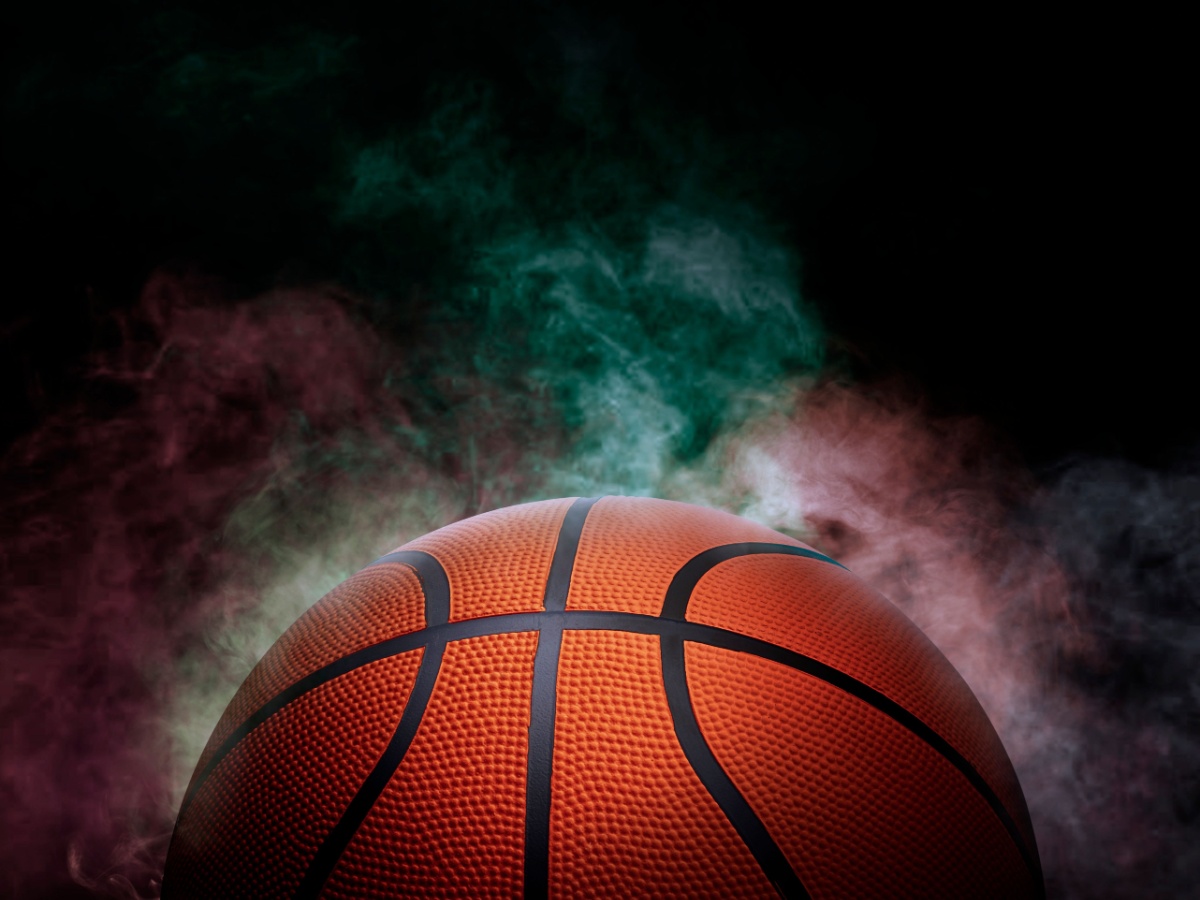March Madness has arrived once again. It is a ritual with a longer history than most might think, although its current incarnation bears no trace of its humble origins. The alliterative label for this roundball rite of spring was coined in 1939 to describe the feverish fandom of followers of the Illinois high school basketball playoffs. The NCAA tournament adopted the moniker in the 1980s, and before long, a phenomenon took hold. It captured the imagination of diehard fans and basketball know-nothings alike, all hoping they would pick a few upsets to set their bracket apart from others. With sports gambling’s legalization in 2018, however, the madness of March has taken on a literal and troubling meaning in which the money line is all and support for a team out of pure amateur allegiance passe’.
The legalization of sports betting has utterly remade a once largely benign activity into an actual mania, marked by 24/7 online access to apps, an avalanche of ads, and a multitude of enticements to wager. Last year, the American Gaming Association reported that 68 million Americans bet $15.5 billion on the March tournament, and both the number of betters and the handle (total wagers) will surely surpass those figures this year.
The fallout of this shift is evident in calls made to the Council on Compulsive Gambling of New Jersey’s 800-GAMBLER Helpline. Since 2018, the Helpline has seen an increase in calls by 277 percent. It is not only the volume of calls but who is making them that has changed significantly: Many more calls are made by young men and their families; calls from 18-24-year-olds doubled, and calls from those between 25 and 35 swelled by 17 percent.
The surge in betting on college basketball and other college sports has produced several troubling acts by bettors. One of the most unsettling outcomes has occurred when losing bettors harass college athletes on social media and elsewhere. These bettors allege their losses occurred because student-athletes were on the take. New Jersey’s Office of the Attorney General recently responded to these posts with a letter to all New Jersey college athletic directors about this issue and created a website to connect colleges with the New Jersey State Police to report such activity.
Another manifestation of the gambling mania now pervading the college sports environment is found in broadcasts and television images. Every game aired, as well as sports talk shows, now feature information such as the spread, the odds, over/under, and other wagers. Furthermore, the money line and point spread constantly crawl across the bottom of television screens throughout the games.
The phrase March Madness was inspired by the fanaticism of fans in one state rooting for high school athletes. It became a national craze with the occasional Cinderella wins or near-misses by unheralded colleges spurring delight at the prospect of catching lightning in a bottle. In just half a decade, the exuberance roused by a tournament run by an underdog has become inextricably linked to the payout, and over every game looms a taint of suspicion that “the fix is in”. This “madness” only results in heartbreaking loss for athletes and fans alike.



